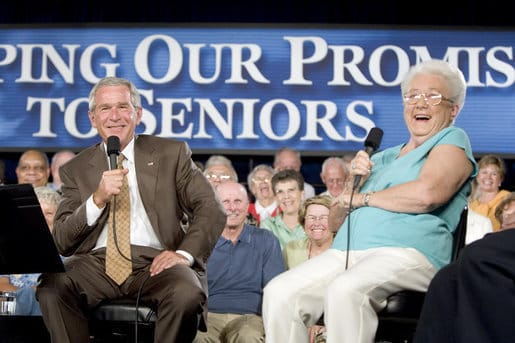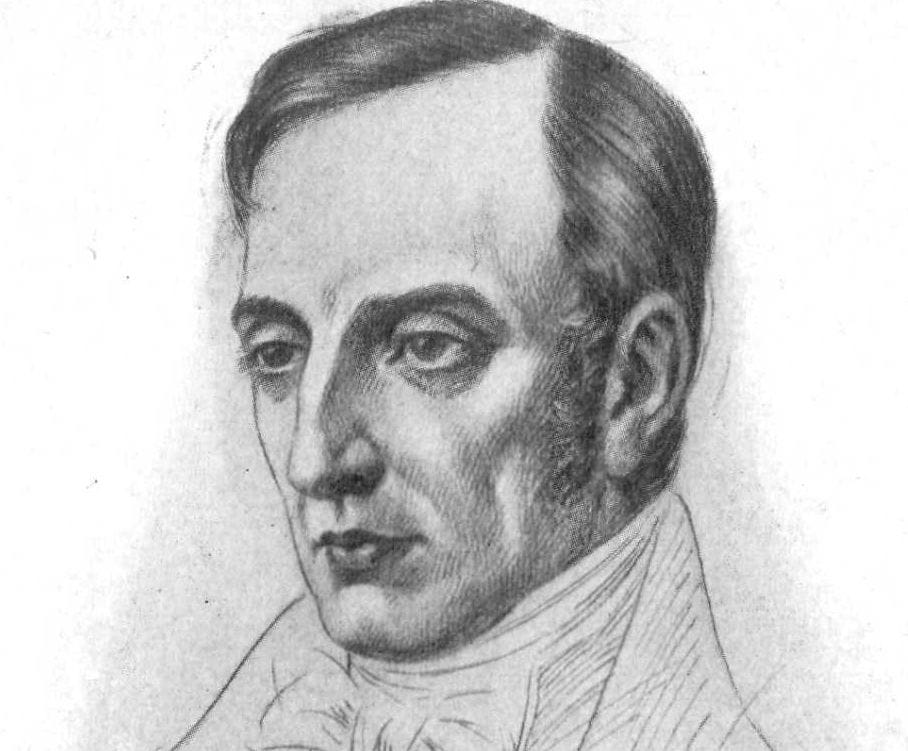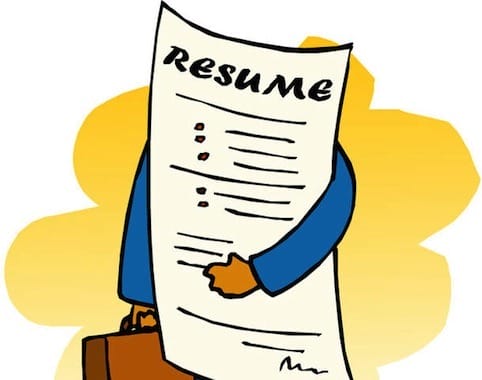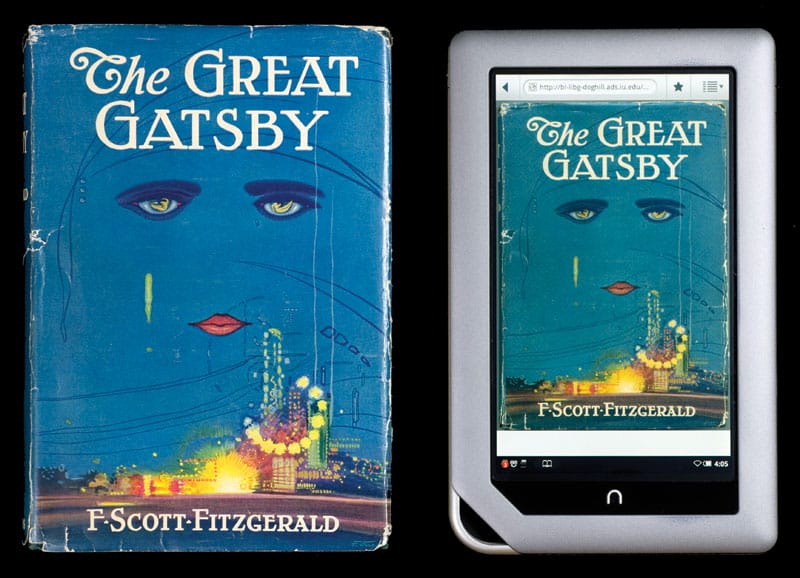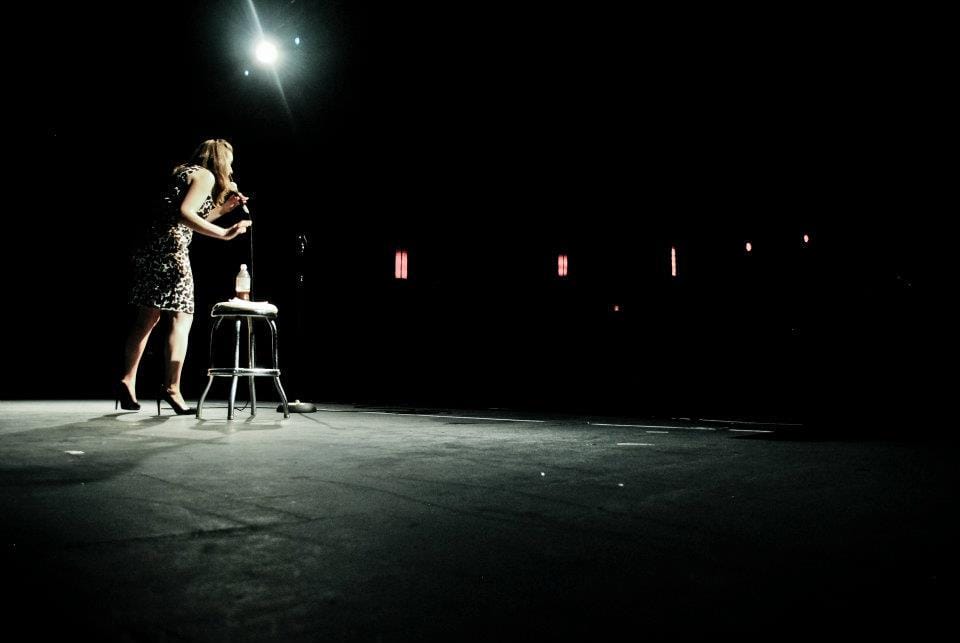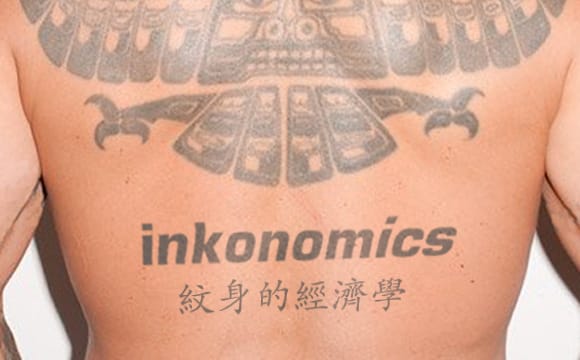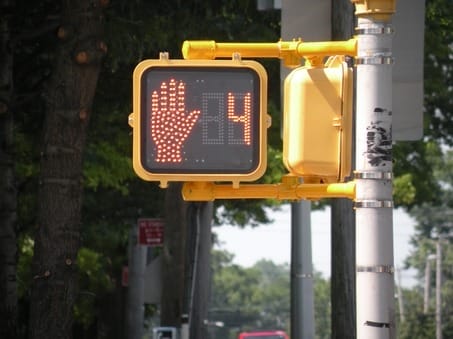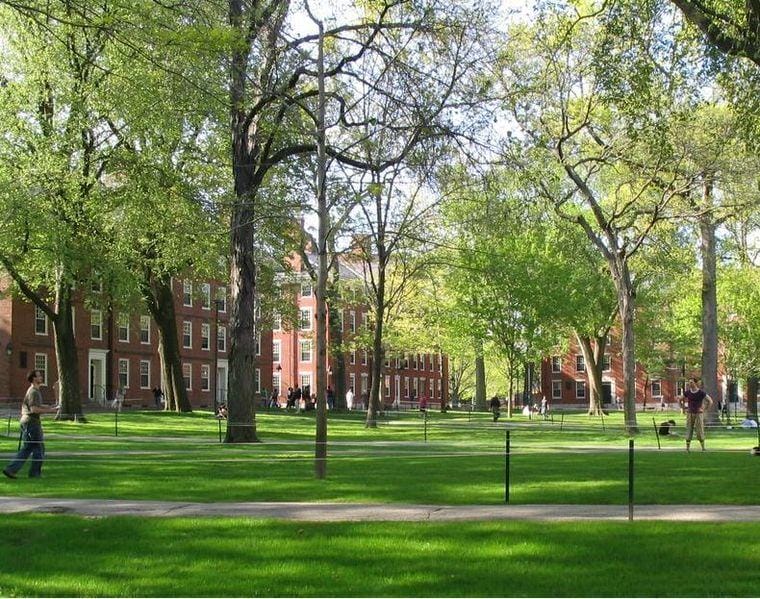ARTICLES
-
The degree to which a TED audience feels newly educated may be partly illusory - the result of showmanship as much as actual learning.
-
Over the past century, seniors have gone from the most vulnerable generation to the most secure. So why do they still get all the discounts?
-
The marriage of commercialized sports and academic institutions has turned the situation of a small but high profile group of elite athletes into one resembling exploited workers as much as talented student-athletes. As college athletics becomes a bigger and bigger industry with ever larger stakes, colleges risk sacrificing huge amounts of funding as well as their academic culture in the race to keep up.
-
-
It’s not hard to imagine dystopian applications of our online data being used as hiring criteria. The worst case? A world in which a majority of workers have to carefully prune from their online personalities any hint of a characteristic that conservative corporate businesses may find risky.
-
A major shift toward buying used could reduce waste, pollution and carbon emissions, save people money, and maybe even put a dent in the American proclivity for accumulating too much crap.
-
It is the physicality of books and paper that make them seem inefficient. But their physicality also helps us remember what we read and write.
-
The current model of publicly funding research and publishing it in academic journals was developed during the days of Isaac Newton in response to 17th century problems.
-
Dear nerds, here are a few of our favorite articles of late. Hope you'll enjoy reading them as much as we did.
-
Does the future of journalism look a lot more like NPR than The New York Times?
-
This is the story of Nina G, the world’s only female stand-up comedian that stutters.
-
Our recollection of college is like a Hollywood adaptation - condensed and simplified, with a happy ending thrown in.
-
Swimmers perform better when they feel indispensable to the success of a team than they do when racing merely for personal glory.
-
There’s no escaping the messy human dimensions of life. No compartmentalizing areas where it is and is not relevant. No hiding behind the data.
-
-
If the incumbents of journalism are dying, what will replace them? Or, more precisely, what new business model for journalism will emerge if the old one is dead?
-
Following the law of unintended consequences, a decision meant to improve public safety actually had the opposite effect.
-
As more people join the ranks of astronauts and space tourists, designers will have a lot of opportunity to reinvent products to make them enjoyable and easy to use in space.
-
A meeting that is available for a "Limited Time Only!" makes it more valuable. Just like a deal on tube socks.
-
Gresham's law says "Bad money drives out the good." The same can be said of news.
-
Facebook sends a lot more traffic to the Priceonomics Blog than Twitter does. Yet whenever we hit “publish” on a post, we immediately check Twitter to see how the article is doing. Why?
-
Increased competition, in terms of the number of competitors, actually reduces competition and innovation.
-
Without being consciously aware that they are doing it, people consistently assume that good-looking people are friendly, successful, and trustworthy. They also assume that unattractive people are unfriendly, unsuccessful, and dishonest. It pays to be good looking.
-
True or not, there is a perception that Asians are at a disadvantage in the college admissions process.
-
When it comes to making decisions based on prices, people are easily manipulated.





